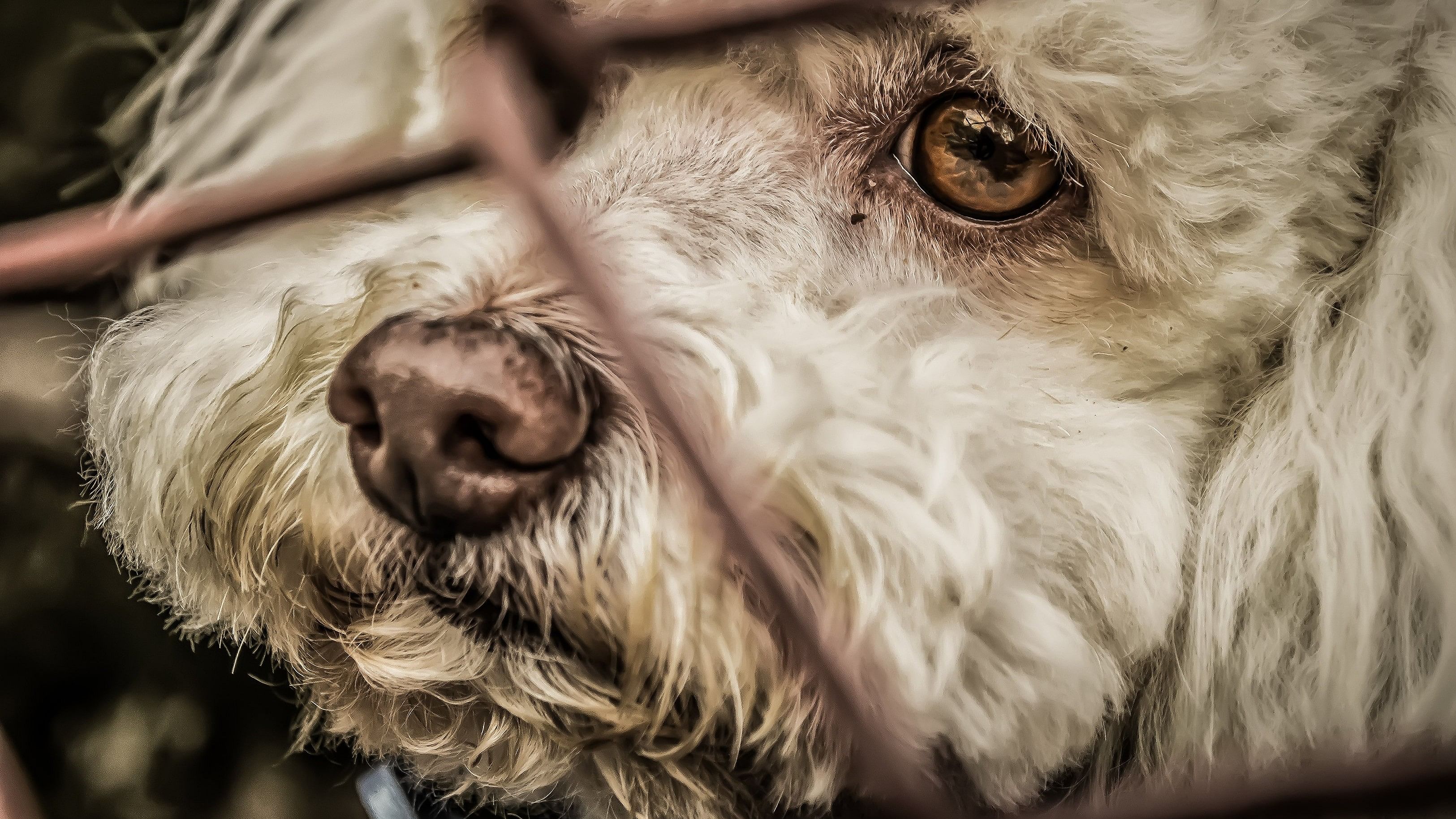
Credit: Special Arrangement
In the last four years, whenever we meet a dog-loving stranger on our walks with Pippi, our sequence of conversations turns very predictable. They first get attracted to Pippi’s puppy eyes and his ‘exotic’ looks. Once they approach us, they notice his deep scars — on the forehead and his legs — and his erect but clipped ears. Aww, is he a rescue, they ask. We nod. They ask where Pippi is from. We slip into a flashback. We share about his life on the streets of Bengaluru and how he ended up being ours. By the end of the story, we see their eyes moisten. They share a kiss and a few treats with Pippi. They leave us with these words: “Oh, bless you for rescuing him; he’s having a fantastic life now.”
That’s when my heart becomes muddled with many emotions. Don’t get me wrong, I appreciate people taking the time to talk to us and pet Pippi. But what unsettles me is trying to find a rational answer to the parting comment. I begin to ask myself — Is Pippi really having a fantastic life now compared to his past? Did we ‘rescue’ him? Did he need humans to ‘rescue’ him in the first place?
Why is ‘rescue’ controversial?
In the literal sense, the word rescue means to help someone or something out of a dangerous, harmful, or unpleasant situation. In Pippi’s case, he had no sickness or injuries. He was enjoying the life of a street dog — scavenging food, guarding the streets and, at times, playing a role in containing the rodent numbers. Thousands of years ago, these traits brought humans and dogs together, and the two species co-evolved.
But in today’s urbanised parts of the world, these exact traits don’t seem to sit well with our ways of living, increasing conflicts between the two species. That’s what happened to Pippi too, and it did not take long for him to be the ‘bad dog’. When Pippi chose to come into our house for safety, we were happy to indulge him, and eventually, we decided to take him in as his life was in danger. Some hint that he owes his life to us. I vehemently disagree.
In return for his life, Pippi gave up his freedom. Instead of scavenging and eating whatever he wanted, he now has to wait for predetermined portions of food that we choose for him. It might be nutritious, but he has no say in it for the most part. Rather than saunter the streets to his heart’s content, he now has to time his pee and poop for when we take him for walks. He has access to a yard, but he depends on us to open the doors. Compared to his past, his life now perhaps feels quite monotonous and boring. Was it all worth it for him at the end? That’s a thought I wrestle with. When he snuggles in our bed each night, lying his head on my hand, I appreciate how forgiving he is — I would not have been so forgiving if someone had snatched away so many aspects of my freedom.
As I delve more into our relationship with animals, it’s obvious that much of it comes from a place of our superiority as a species. The idea of ‘rescue’, for instance, is often steeped in our saviour complex—the need to “save” animals by fixing their problems. We might feel that instant gratification of ‘saving’ something and be proud about it, but once we start looking at it from the animals’ point of view, our pride should fall flat. Instead, it becomes an evident selfish act. Think of all the animals euthanised in the USA’s Yellowstone National Park when humans ‘rescued’ them. Think of all the bears, elephants or other wildlife that were culled because people fed them and they lost their natural fear of humans, risking the safety of both. The idea of rescue reinforces the narrative that animals, by definition, are dumb, helpless and vulnerable. In reality, they are far more intelligent, resilient and sentient. I’m not against humans helping an injured animal or showing kindness or compassion in a world that needs copious amounts of it. But I urge people to introspect on the idea of ‘rescue’ — who are we rescuing, from what and why. And more importantly, what are the consequences for the animal in question.
Tailspin is your monthly column on everything that’s heartwarming and annoying about pet parenting.
The writer is a science communicator and mom to Pippi, a six-year-old rescued Indie. She posts on X @RamanSpoorthy